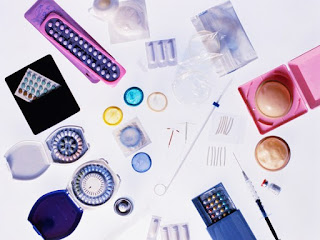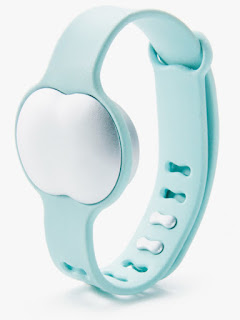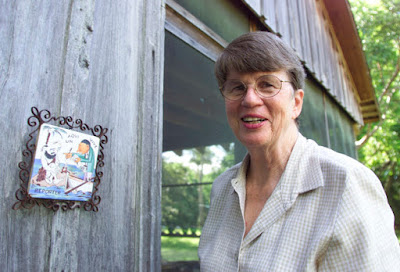App for Hacking Fertility Now Also Works for Men

In our culture, reproduction is often seen as women’s work. From pregnancy to childbirth through nursing a newborn child, women are often expected to take the central role in creating new life by default. Similarly, when problems of infertility arise, the focus is often slanted toward females. But getting pregnant takes two, as Mike Huang is acutely aware. Huang is the CEO of Glow, a company which nearly two years ago launched an eponymous reproductive health app with help from big-name backer Max Levchin, a PayPal co-founder. Until today, Glow was designed exclusively to help women either avoid a pregnancy or get pregnant. The app offers women insight on good habits to practice while they’re expecting and provides support during difficult times, such as miscarriage and the postpartum period. Now, after addressing a mother’s journey to parenthood, Huang and his team are rounding out Glow with an essential new component: support for male fertility. “Men’s reprodu...


